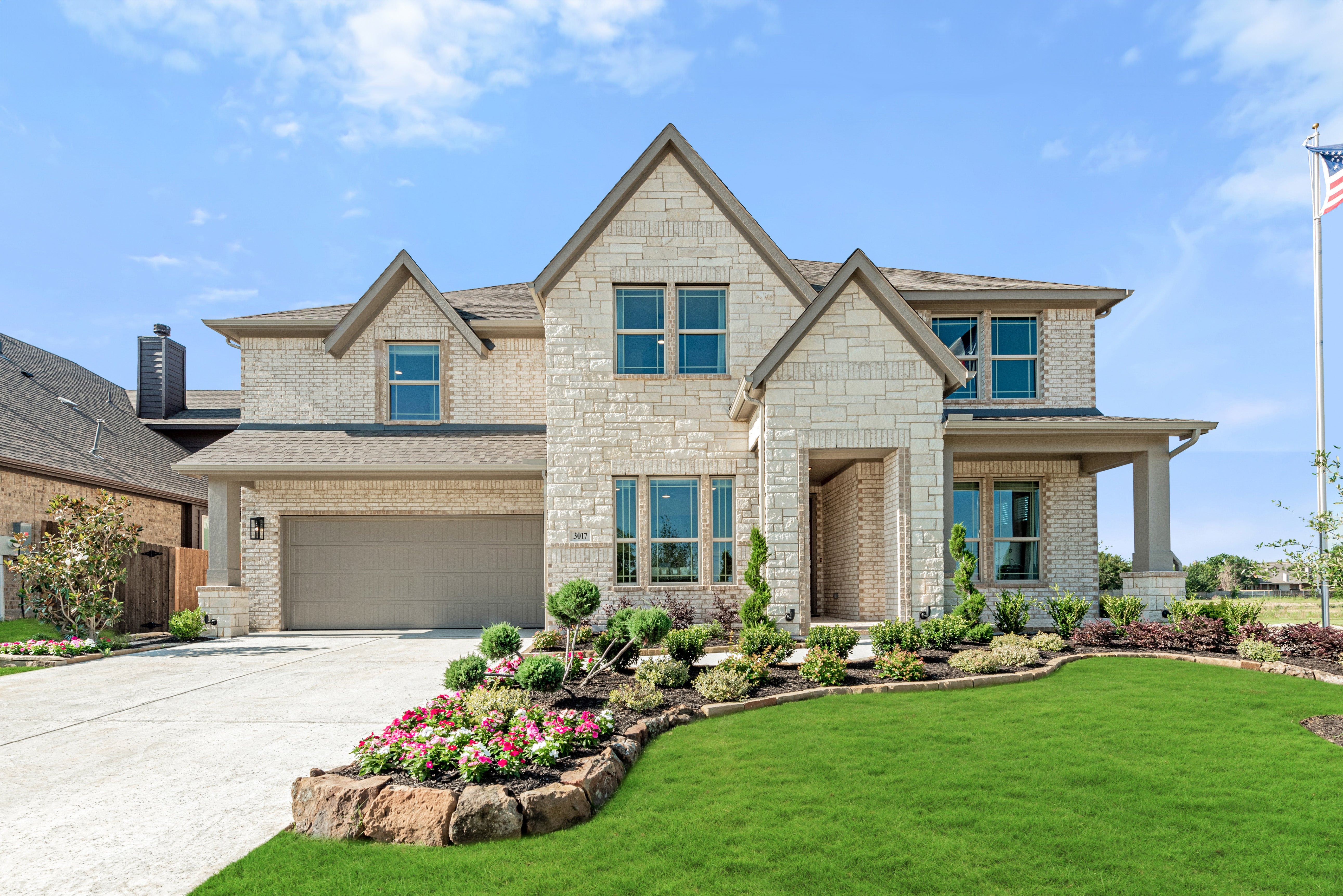
A Rent Agreement is a legal file signed between a property owner and a tenant to lease a residential or commercial property. The individual who owns the residential or commercial property is referred to as the proprietor and the person who takes the residential or commercial property on rent is referred to as the occupant. A rental contract is really important as it consists of all the terms related to renting a particular residential or commercial property in written type. Renting a residential or commercial property without a composed agreement is extremely harmful as it can result in legal issues in the future. An oral lease arrangement is not legally allowable so if there is an oral agreement between proprietor and renter either celebration can repudiate the arrangement in such case the other party has to prove the material of the arrangement which is quite difficult.

A lease agreement is generally prepared by the lawyer with the mutual authorization of the tenant and property owner, however it should be prepared with the mutual permission of both celebrations and signed by both parties in the presence of 2 witnesses. A written rental contract works as evidence of a mutual contract between the parties and is admissible as evidence in court and the regards to this contract can not be altered without the permission of both celebrations.

KINDS OF RENT AGREEMENT
A lease agreement is usually of three types particularly rent contract, lease contract, leave and license contract. Among the three kinds of a rental contract, whichever kind of agreement is participated in, both parties are bound to comply with its conditions. If the terms of the rental agreement are broken, the other celebration can litigate to recuperate its due rights. However, the three kinds of rental contracts are gone over below;
• Rent arrangement: A lease contract is a conditional legal agreement in between the property owner and the renter. It is a mutual agreement between the property owner and tenant that permits a problem-free settlement between the celebrations in the future.
• Lease agreement: A lease deed is a type of legal file that transfers ownership of a residential or commercial property for a given amount of time in factor to consider of a guaranteed rate. A lease agreement is usually produced the long-lasting leasing of a residential or commercial property.
• Leave and certify arrangement: A leave and license contract is a legal file in which a residential or commercial property owner allows a person to use his residential or commercial property for a particular time period in exchange for a specified license charge, it does not move the ownership of the residential or commercial property. A leave and license contract in between landlord and renter is frequently utilized to rent a home.
BENEFITS OF RENT AGREEMENT
The benefits of a composed rent arrangement are as follows:
• A composed lease contract is made with the permission of the occupant and the property owner.
• The terms and conditions of a rent contract are set upon the authorization of both parties.
• It safeguards the rights of both parties and likewise protects them from future conflicts.
• It supplies security to the landlord's residential or commercial property and secures occupants from unlawful claims by property owners.
• It is permissible as evidence in court.
IMPORTANT CLAUSES OF THE RENT AGREEMENT
A lease arrangement is prepared with the approval of both celebrations. However, the stipulations that need to be included in a rental agreement are pointed out below.
• Details of parties: This is the first clause of a rental agreement. This stipulation determines the parties to the contract. In order to recognize the parties to the rent contract it is important to discuss their name, age, religious beliefs, profession, address, and so on in the agreement. If among the celebrations to a rental contract is a company, the name and address of that company should be included in the agreement and also the name, age, daddy's name, occupation, address, and classification of the individual representing the company must be mentioned.
• Description of rented residential or commercial property: A comprehensive description of the residential or commercial property in respect of which a rental arrangement is being prepared must be mentioned. It is also extremely essential to point out that this residential or commercial property is provided or unfurnished, if provided then what furniture remains in the residential or commercial property must be pointed out. If a rent arrangement does not provide a thorough description of the residential or commercial property, there stays a high possibility of future disputes.
• Tenure of agreement: The period of a rental contract depends upon both parties. The period of the occupancy agreement is not repaired, it can never ever be stated that the occupancy of a house does not surpass 11 months. However, when preparing a rental arrangement, it is very essential to define its period and likewise the start and end dates of the arrangement.
• Purpose of lease: It is essential to discuss the purpose for which an occupant is renting the residential or commercial property and also it is extremely crucial to point out that no anti-social activities can be done on the residential or commercial property. If the purpose of the lease is not defined, the renter will do as he pleases in the residential or commercial property and the proprietor might deal with problems in the future.
• Rent and security deposit: The monthly rent of the residential or commercial property and the security deposit are a part of the rental arrangement which should be clearly mentioned and it is also essential to discuss the particular date on which the lease will be paid monthly. If there is any condition of increase in lease after a specified duration then it need to be pointed out.
• Maintenance expense: Nowadays, the pattern of living in flats has increased however the owner needs to pay regular monthly maintenance charges to preserve the common area of the flat. Maintenance expenses must be paid for living in a flat, so the tenancy contract need to define who will pay the upkeep costs between the owner and the occupant.
• Lock-in period: If there is a condition that the occupant can not leave your house for a particular duration or the landlord does not ask the tenant to leave your home then this lock-in duration need to be specified in the arrangement.
• Duties and obligations: The duties and commitments of both parties need to be plainly mentioned in a rental contract. Both celebrations will be bound to abide by the terms and conditions pointed out in the agreement. The task of the occupant is to pay rent on time, look after the residential or commercial property and keep peace and order. On the other hand, the responsibility of the landlord is to keep your home in a rentable condition and maintain the water and electrical energy supply on time.
• Renewal, termination, and notice duration: An arrangement for an extension of the lease contract need to be included in the agreement. The contract must define whether the renter can restore the agreement at the end of the term.

The arrangement should consist of a choice that the tenant can terminate the rental arrangement before completion of the term and it can likewise specify that the property manager can ask the occupant to cancel the arrangement before the end of the term and vacate the properties if the proprietor requires the residential or commercial property. In this case, the parties shall inform each other with an optimum of two months' composed notification. Both celebrations might mutually choose on an extension, renewal or notice duration before the agreement is prepared.
• Dispute resolution: Among the most vital parts of the contract is the method to solve the problem. Disputes can emerge between proprietors and occupants at any time, so it is essential to define in the contract how disputes can be solved. The court, arbitration, and conciliation are the most typical methods to deal with conflicts in between landlords and occupants.









